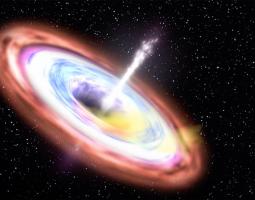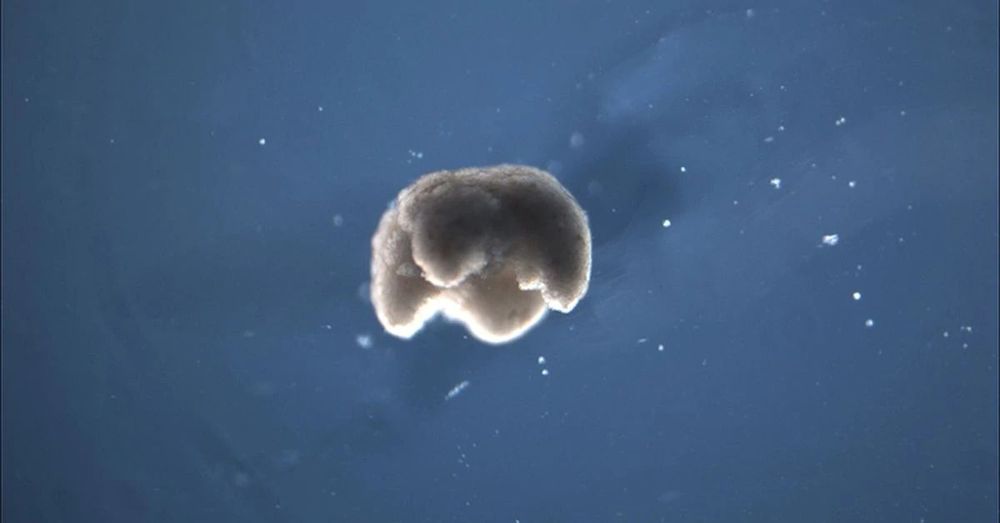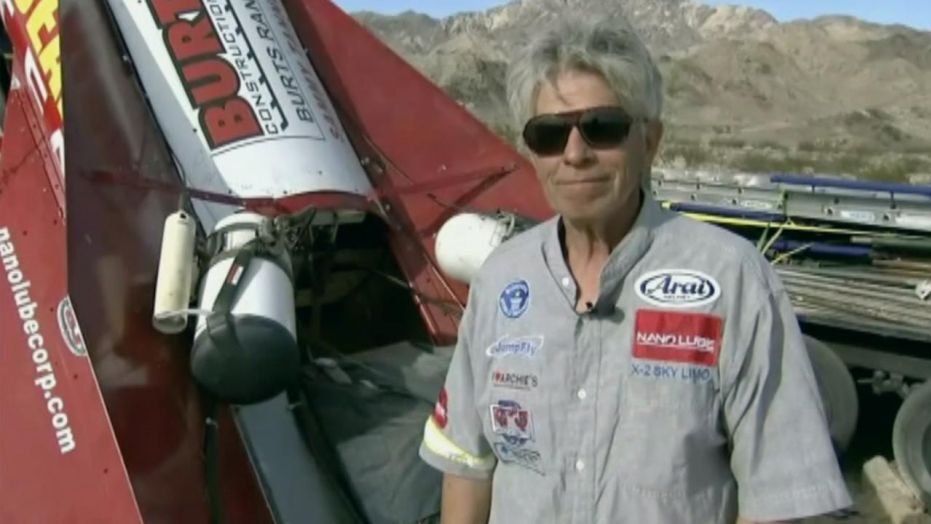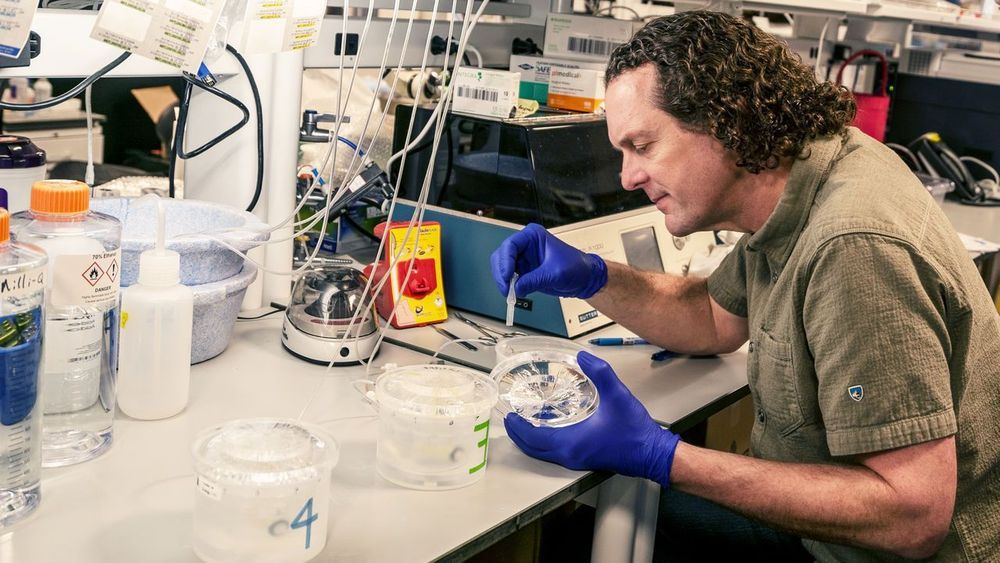What is dark energy? More is unknown than is known — we know how much there is, and we know some of its properties; other than that, dark energy is a mystery — but an important one. Roughly 70% of the Universe is made of dark energy. Dark matter makes up about 25%. The rest — everything on Earth, everything ever observed with all of our instruments, all normal matter adds up to less than 5% of the Universe. Then again, maybe it shouldn’t be called “normal” matter since it is a small fraction of the Universe!






